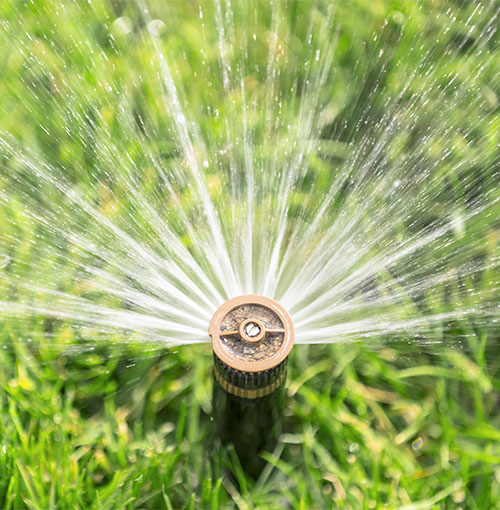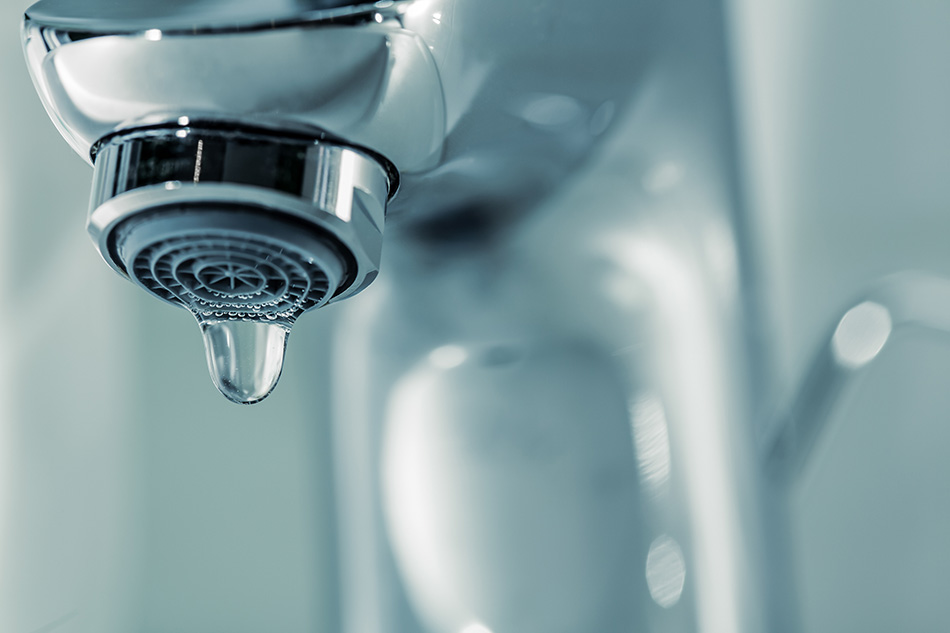Save Water
It is important for us to be mindful and make conscious efforts to conserve our precious resource of water. By adopting simple practices in our daily lives like fixing leaky faucets, using efficient appliances, and practicing responsible landscaping, we can all contribute towards ensuring a sustainable water future for our community.
Let's be proactive in conserving water to protect our environment and secure our water supply for generations to come.

In the United States, 9 billion gallons of water are used each day for residential outdoor water use, mainly for lawn irrigation. It's estimated that about 50% of this water is wasted, in part due to over-watering.



How much water do you use in a day?
This water use calculator can help determine how much water your household uses each day, and where you can conserve.

Indoor Water Conservation Tips
A few changes can make a big difference on indoor water use.
Toilets
Toilets are the largest source of water use in most homes.
A low-flow toilet uses about 2.4 fewer gallons per flush than a traditional toilet.
Toilet leaks can waste 73,000 gallons of water a year. Find toilet leaks by putting a few drops of food coloring in the toilet tank. Wait 5 minutes and check the bowl; if the water is colored, you have a leak.
Consider a fill-cycle diverter, which is easy to install and can save up to a half gallon per flush.
Dish Washing
Did you know that dishwashers use less water - and energy! - than washing by hand?
Skip the pre-rinse. Modern dishwashers are designed to sense debris and can work even better when you do not pre-rinse.
Always run full loads.

At the Faucet
Turn off the water while brushing your teeth to save 3,000 gallons each year.
Consider replacing your faucet aerator with a WaterSense model - just one low-flow aerator can save 700 gallons of water each year. (That's 45 showers worth of water!)
Outdoor Water Conservation
From choosing low-water, native plants for your landscape to watering and washing techniques, to maintaining your irrigation system and pool properly, there are lots of ways to make your time in the great outdoors more water efficient.
Know when to Water
Step on your lawn, if the grass springs back, it doesn't need water.
Use a rain gauge: if you get 3/4 to 1 inch of rain in a week, you can skip your next lawn watering.
Water before 10:00am to prevent water lost to evaporation.
Water only when the lawn needs it; lawns rarely need water more than 2-3 times a week, or often not at all
Lawn Watering Best Practices
Let your grass grow; longer grass absorbs more sunlight, making it stronger, thicker, more resistant to weeds and less prone to water loss from evaporation.
Aerate your lawn to help strengthen and lengthen roots so that it will require less water in the future.
Keep track of how long you water; it's easy to forget you've turned on the sprinkler.
Position sprinklers to prevent watering the pavement; driveways and sidewalks don't need water to grow!
Consider a soaker hose to avoid runoff and allow the water to absorb slowly.
Check your garden hose, irrigation system, and spigots for leaks.
Car Washing
Use a bucket to wash your car, to save 150 gallons over using only the hose.
Wash your car on the grass; you'll water your lawn at the same time!
General Outdoors
Use a broom instead of hosing down the driveway, garage or sidewalk.
Install porous walkways and patios to keep water in your yard and stop runoff.
Consider investing in a rain barrel to collect and store rain runoff from your roof - this water can be used on outdoor plants.
Swimming Pool Tips
Use a pool cover to reduce evaporation and save up to 1,000 gallons of water a month.
Turn down the pool heater; hot water evaporates more quickly.
Keep filters clean to prevent backwash and put less stress on the filter.
Consider planting a windbreak; small trees and shrubs around the perimeter of your pool can block wind and reduce evaporation.
A leaky pool can waste 100,000+ gallons of water a year. Check the filter, pump, heater and valves and around the ground for moisture regularly.